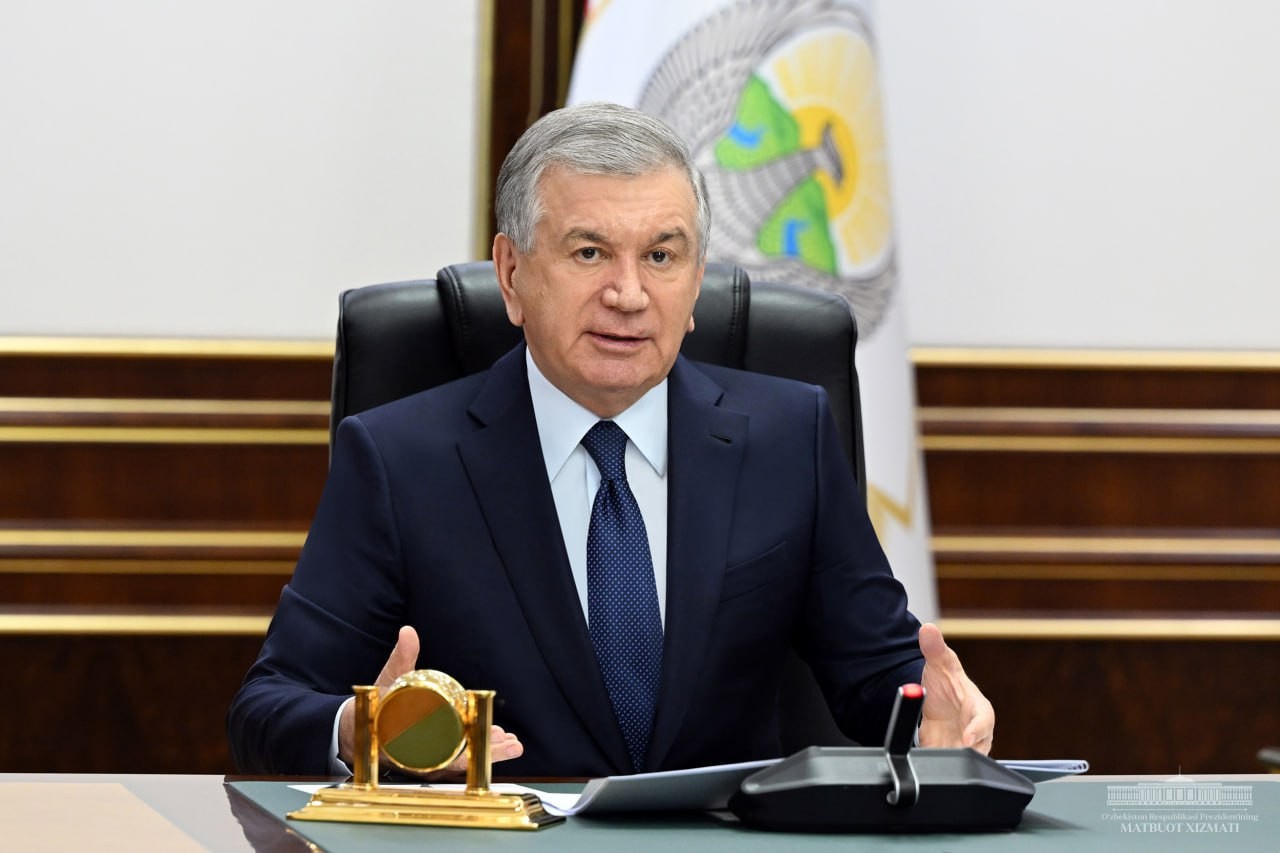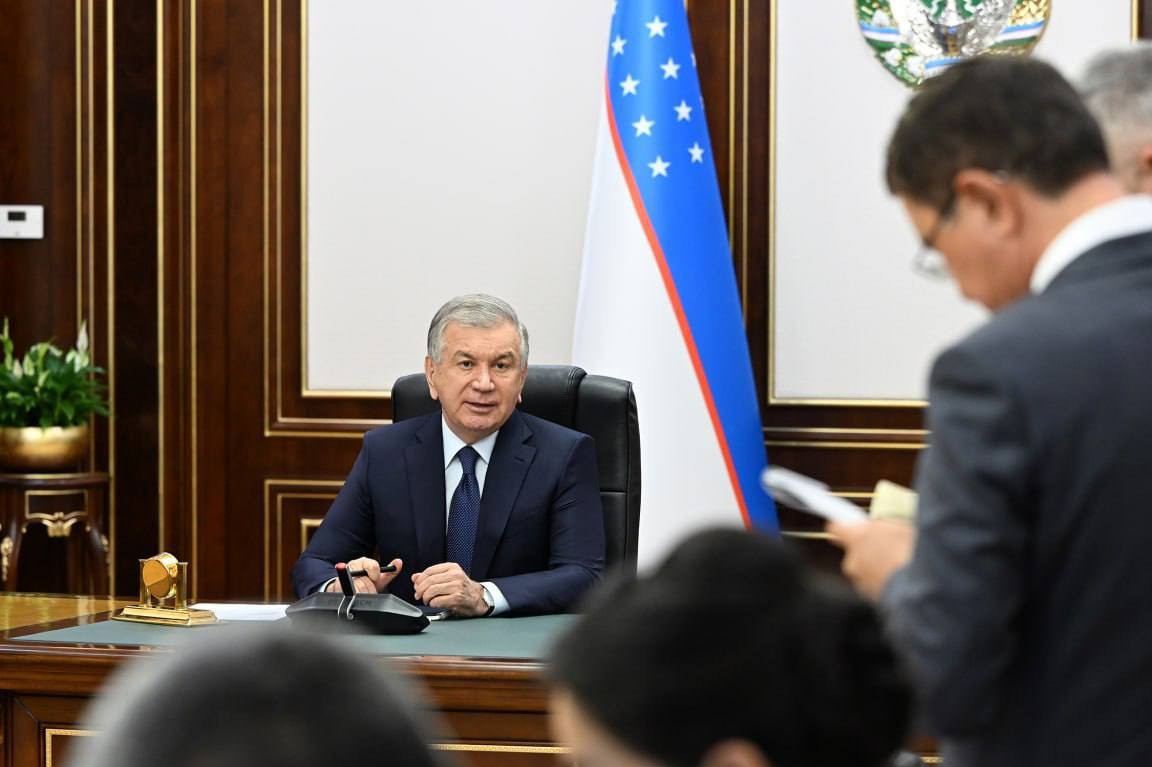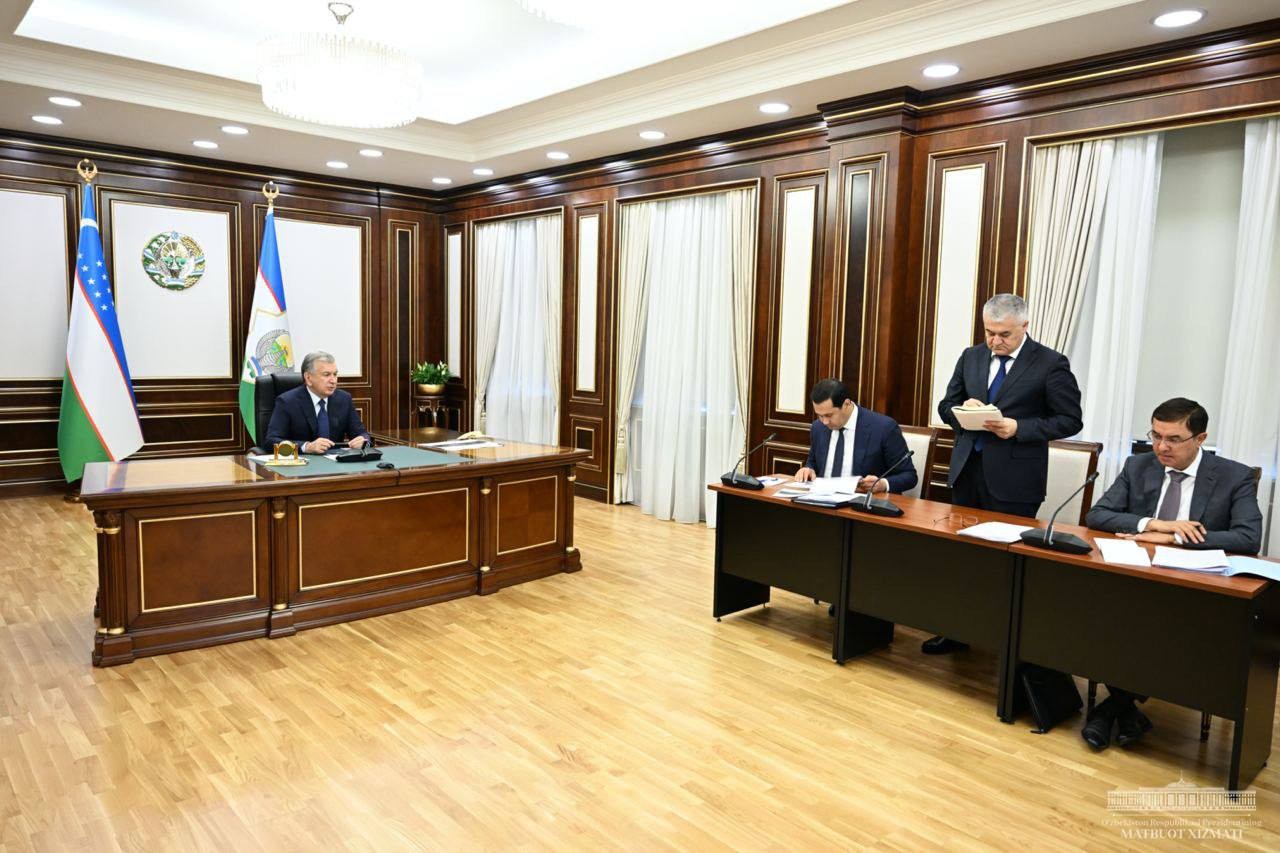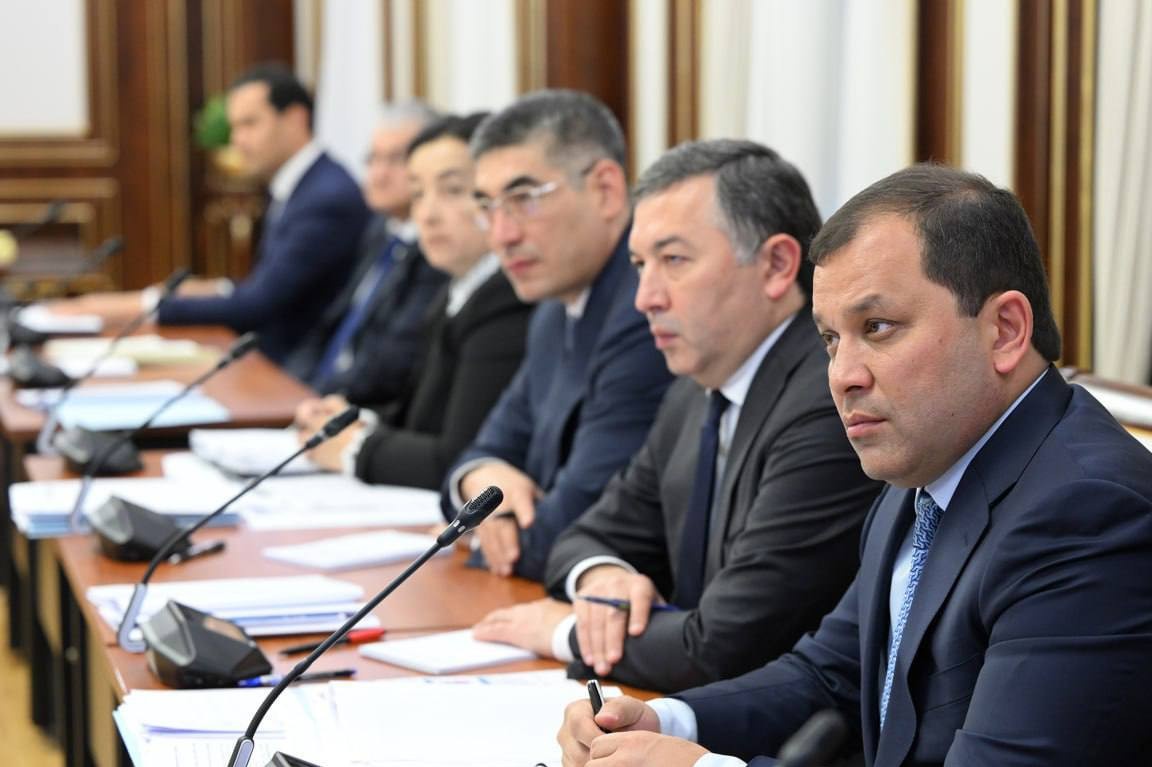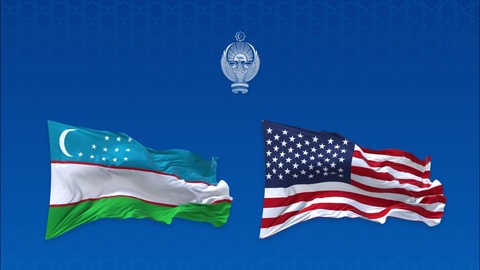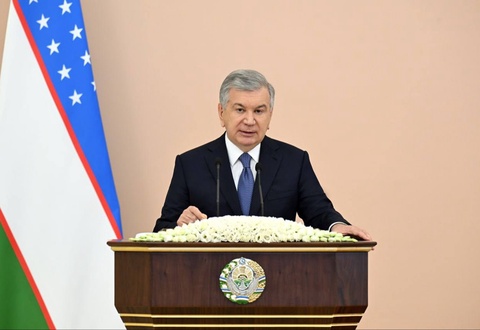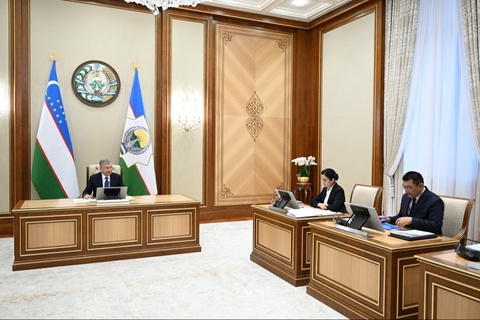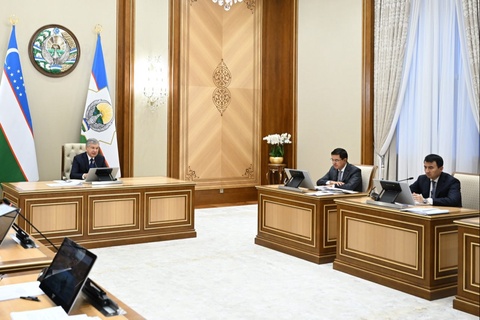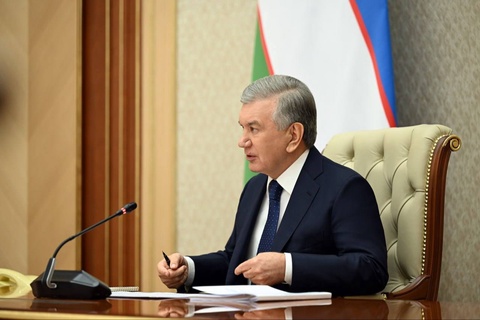A ministry responsible for these areas has been formed as part of the administrative reform, and all legal and organizational foundations have been created in the sphere. The concept of minimum consumer spending has been introduced for the first time in the country.
Fifteen trillion UZS of concessional loans and subsidies were allocated to family businesses, and 200,000 hectares of land were allocated for agriculture to ensure the employment of the population. About 300 thousand business entities have been organized, and the activities of 20 thousand enterprises have been expanded. Last year, 1 million people were lifted out of poverty.
The state has committed itself to poverty reduction in the recently adopted renewed Constitution.
In this regard, measures to bring this work to a new level were discussed at the meeting. It was indicated that, first of all, the Ministry of Employment and Poverty Reduction should organize work at places in a new way.
Supporting entrepreneurs and stimulating them to create new jobs was considered. To do this, they will agree on training skilled labor. That is, monocentres will be organized at enterprises. Along with allocating the necessary funds for training employees, the state will provide preferences for access to infrastructure, loans, tax, and other issues. The entrepreneur, in turn, will provide the low-income population with profitable work.
Responsible persons were instructed to introduce this system in all districts and cities.
China’s experience in poverty reduction is noteworthy. The country’s delegation recently visited China to study this experience and develop new approaches. Chinese specialists were attracted to the Ministry of Employment and Poverty Reduction.
During the presentation, it was determined that, based on the Chinese experience, a separate program to lift out of poverty would be implemented in one of the districts of each region. At the same time, attention will be paid to improving road transport, energy, communication, and tourism infrastructure, developing small and medium-sized cities, and the industrialization of mahallas in areas with a high poverty level.
The Deputy Prime Minister was instructed to resolve issues related to preparing the necessary infrastructure.
This year, 13 trillion UZS of loans and 1.5 trillion UZS of subsidies are allocated for family businesses. There are 37 types of grants for poverty reduction and employment. But the conditions for providing this support are practically the same for everyone and do not consider the different socio-economic status of families and the time required for projects to become self-sufficient. In this regard, it is proposed to change the procedure for allocating loans and subsidies, providing an individual approach to each low-income family.
Instructions were given to turn the Ministry of Employment and Reduction into a people-oriented system and to organize the provision of more than 100 social services directly in mahallas.


